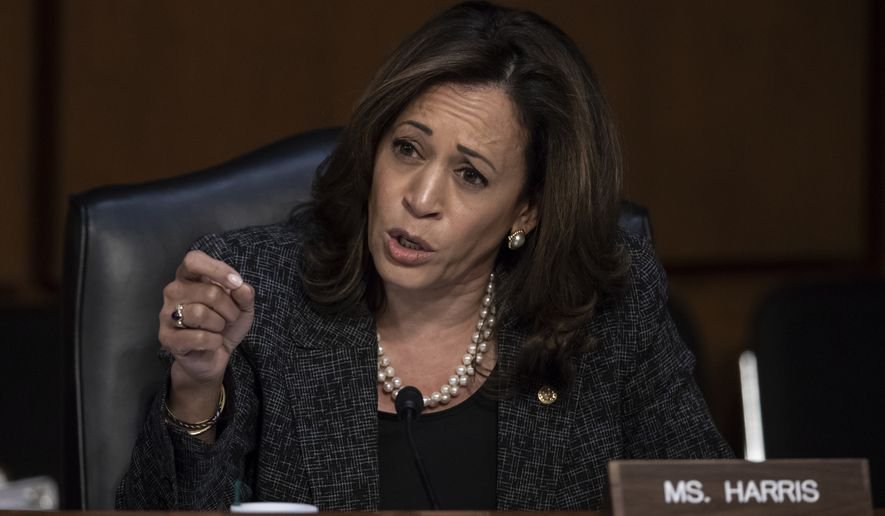Why there should be more women in the Parliament? My common sense says because obviously – but safe to say that this isn’t the overwhelming opinion.
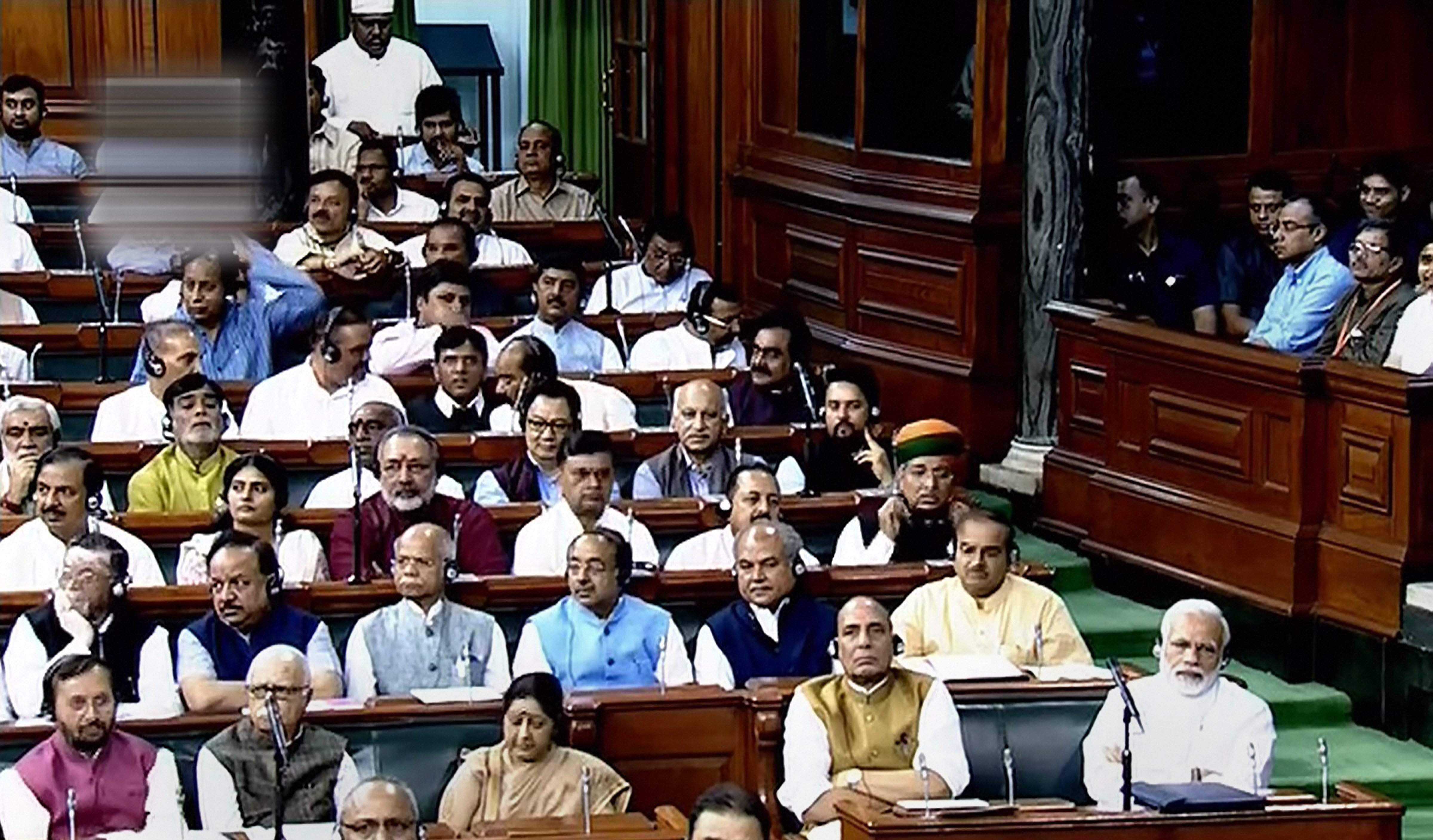
So, here are some reasons (based on studies and facts) for why participation of women should be increased in the law-making process.
1. Research suggests that inclusion of women in parliament positively impacts introduction and passage of laws related to maternity and childcare leave policies.
Men can, and should, have opinions about women’s issues like menstrual health and safety but they can lack perspective and hence these issues can be swept under the carpet. Women can bring the much-important viewpoint in these matter and help in formation of more workable laws.
For instance, New Zealand PM Jacinda Ardern increased parental leave in the country from 18 to 22 weeks and to 26 weeks from July 2020.
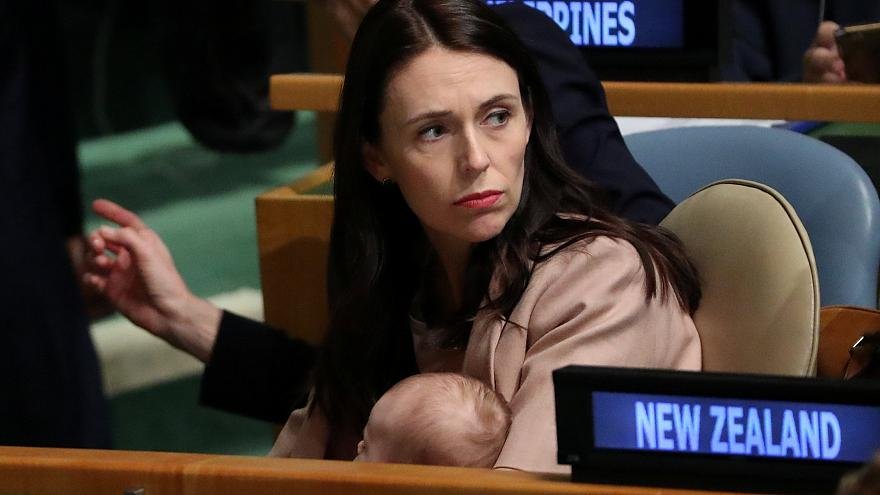
2. Reports have suggested that there is less corruption in countries with more women in the government.
With more than 125 countries as part of the analysis, it was seen that corruption and the likelihood of having to give a bribe were indirectly proportional to the participation of women as MLAs or MPs.
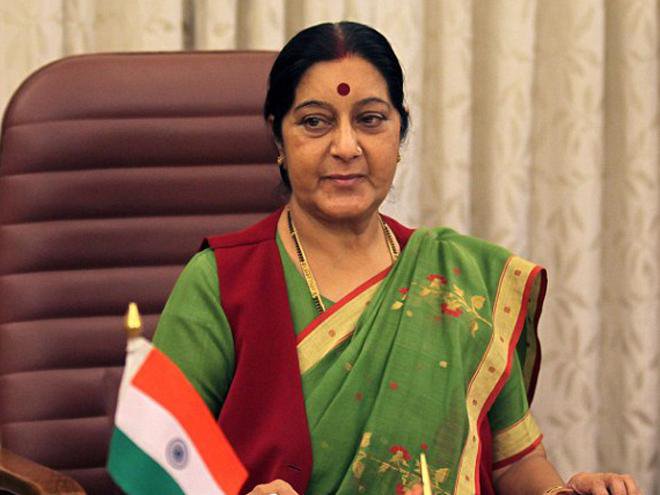
3. Women have been scientifically proven to be more empathetic than men.
Which means they understand more and can make more effective laws for those in need.
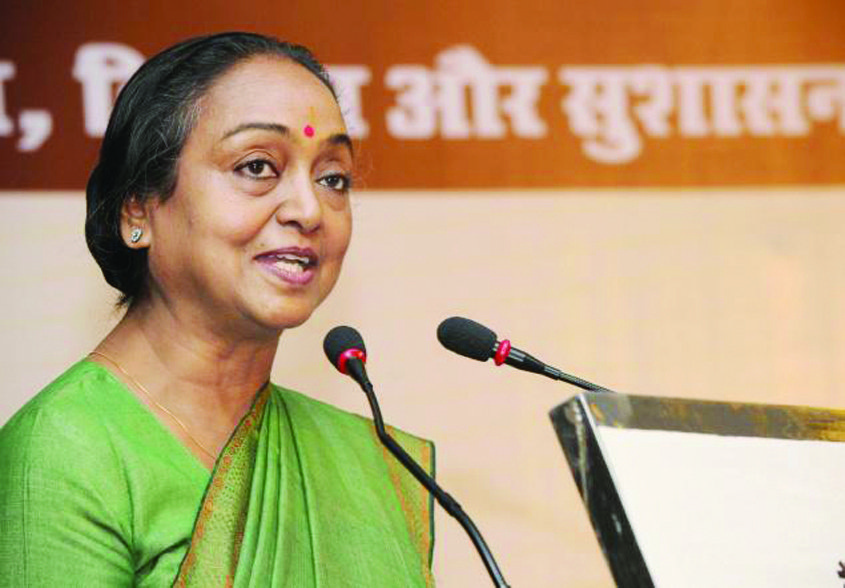
4. Studies have shown that women are more collaborative. So, more women in the Parliament will mean easier consensus building.
We can all agree that the Parliament needs quicker decision making because delay in such matters affects lives of people on an everyday basis. Participation of women will help a lot in this department.

6. Last year, an Indian report revealed that areas governed by women MLAs lead in economic growth.
Conducted at United Nations University World Institute for Development Economics Research (UNU-WIDER), the report says that women help in raising economic performance by 1.8 per cent as compared to men.
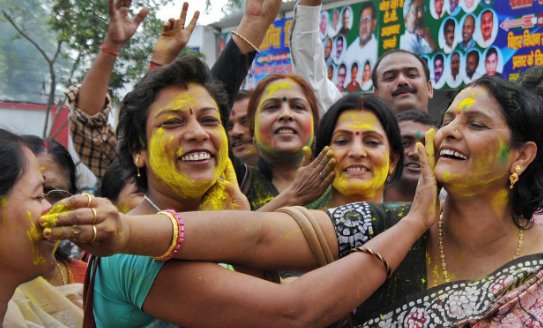
7. UN has noted in a study that women’s participation in peace negotiations increases the durability and the quality of peace.
The report published by the United Nations says:
A recent study investigating 82 peace agreements in 42 armed conflicts between 1989 and 2011 found that peace agreements with female signatories are associated with durable peace.
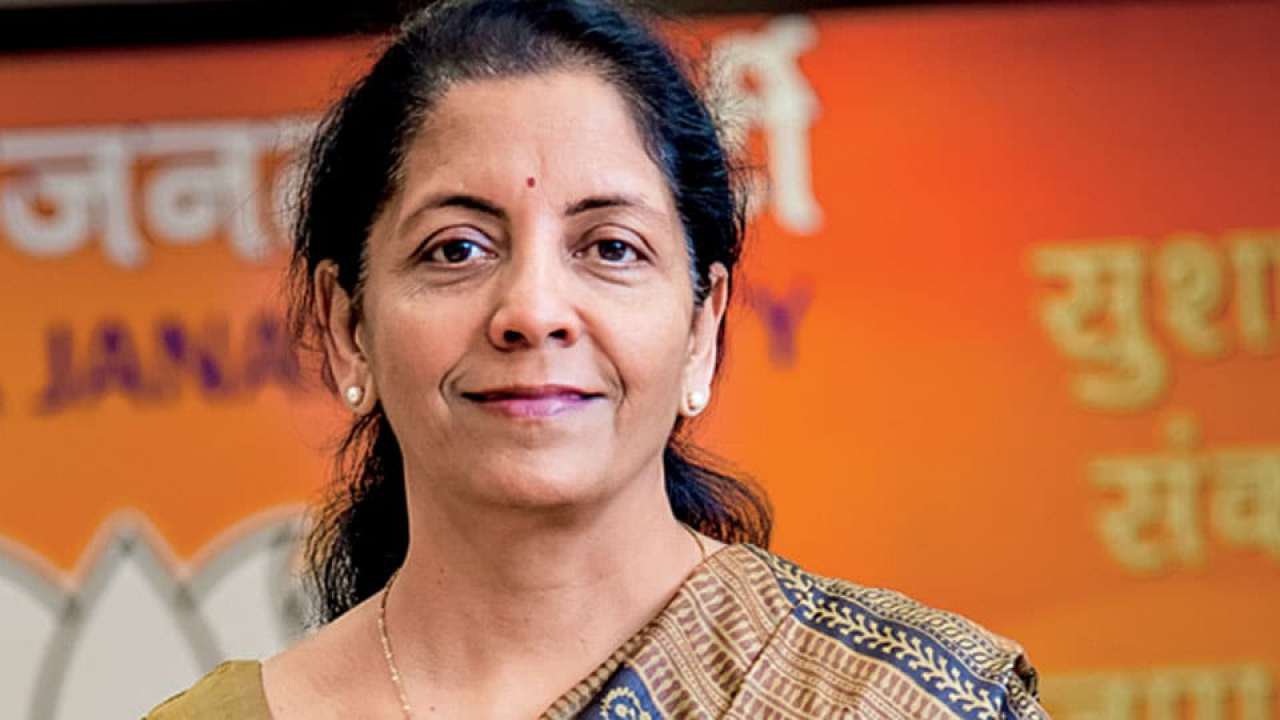
8. In an analysis of behaviour, women have been found to be more efficient in decision making processes.
Because of the reasons stated above. No-brainer, this one.
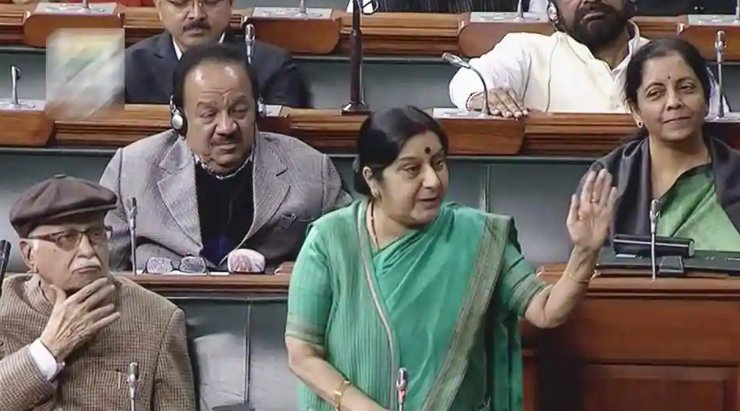
9. Studies have shown that women are also less likely to fall prey to ‘political opportunism’ or manipulation used by politicians to stay in power.
Those are not qualities associated with women but you’d be glad to know that when given power, women tend to take it very, very responsibly and are less likely to let people down.
In 2018, a report said that while 10 per cent of women legislators had pending charges against him, the same was 32 per cent for men.

10. Research shows that women have a better understanding of issues related to local communities and take decisions in their interest.
You have to understand problems to solve them.
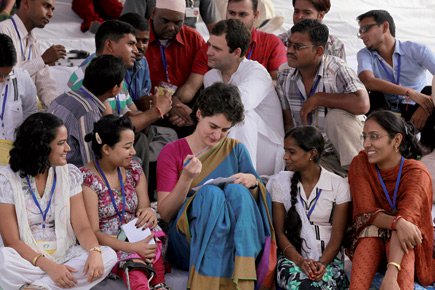
11. Studies have suggested that women leaders help in making an inclusive society.
They get the challenges of not being the most privileged in the society and this reflects in their leadership.

12. There are many examples from the past that suggest having women in the Parliament leads to proper distribution of resources.
For the simple reason that it is easy to undermine the needs of a community (gender, in this case) when they face lack of representation.

13. Women leaders are known to prioritize health and education, helping in formation of a healthier and more sensible society.
They also invest more in schemes related to these areas.
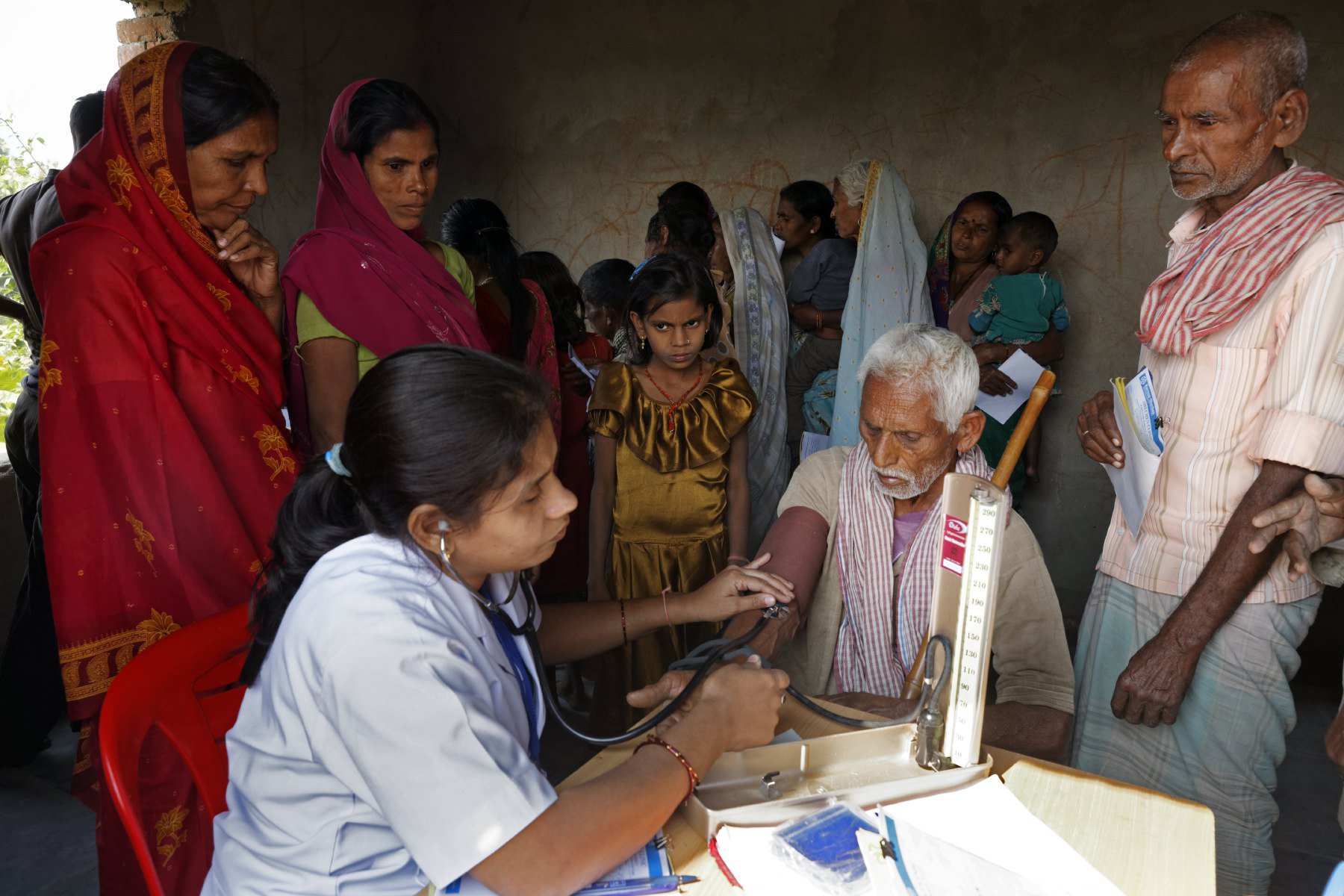
14. Science says that women are better communicators.
If you think about it logically, the chances of a male leader talking to women are much less (especially in India) than vice versa. Now, how is he going to discuss the less talked-about topics when there is no communication in the first place?
